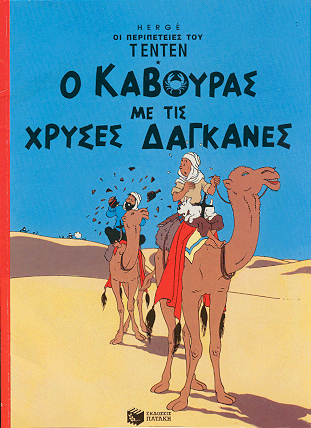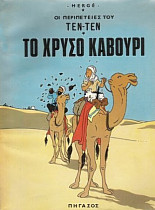| TINTIN LANGUAGES | |
| AFRIKAANS | |
| ALGUERES | |
| ALSATIAN | |
| ARABIC | |
| ASTURIAN | |
| BASQUE | |
| BERNESE | |
| BENGALI | |
| BRETON | |
| BULGARE | |
| CAMBODIAN | |
| CATALAN | |
| CHINESE | |
| CORSICAN | |
| CZECH | |
| DANISH | |
| DUTCH | |
| ENGLISH | |
| ESPERANTO | |
| FARSI | |
| FAEROESE | |
| FINNISH | |
| FRENCH | |
| FRIESIAN | |
| GALICIAN | |
| GALLO | |
| GAUMIAN | |
| GERMAN | |
| GREEK | |
| HEBREW | |
| HUNGARIAN | |
| ICELANDIC | |
| INDONESIAN | |
| ITALIAN | |
| JAPANESE | |
| KOREAN | |
| LATIN | |
| LUXEMBOURGER | |
| MALAYALAM | |
| NORWEGIAN | |
| OCCITAN | |
| PICARDY | |
| POLISH | |
| PORTUGUESE | |
| ROMANSCH | |
| RUSSIAN | |
| SERBO-CROAT | |
| SINHALESE | |
| SLOVAK | |
| SPANISH | |
| SWEDISH | |
| TAHITIAN | |
| TAIWANESE | |
| THAI | |
| TIBETAN | |
| TURKISH | |
| VIETNAMESE | |
| WELSH | |
| TOTAL 60 VERIFIED LANGUAGES | |
| RUMOURS | |
| MIRANDES | |
|
MONEGASCO |
|
| PROVENÇAL | |
| RUANDES | |
| MONEGASCO | |
| LINKS | CRAB MENÚ | CASTAFIORE MENU |
 |
GREEK | |||||||||||
|
||||||||||||
 !CRAB WANTED! PEGASUS
1st EDITION
!CRAB WANTED! PEGASUS
1st EDITION
Greek, the first great language of Western civilization, is considered by many to be the most effective and admirable means of communica-tion ever devised. Its lucidity of structure and concept, together with its seemingly infinite variety of modes of expression, render it equally suitable to the needs of the rigorous thinker and the inspired poet. We can only surmise how classical Greek must have sounded to the ear, but the spoken word was probably no less beautiful than the written. Greek-speaking people moved into the Greek Peninsula and adjacent areas from the Balkan Peninsula in the second millennium B.C. In time four distinct dialects evolved: Aeolic, Ionic, Arcado-Cyprian, and Doric. It was in the Ionic dialect that the epic poems of Homer, the Iliad and the Odyssey, appeared, perhaps in the 9th century B.C. with the rise of Athens in succeeding centuries, a dialect of Ionic known as Attic began to produce the great literature of the classical period. Attic became the dominant form of the language and the basis of the Koine, or common language, whose use passed far beyond the borders of present-day Greece. After the conquests of Alexander the Great it was spoken as far east as India, and later was adopted as a second language by the Roman Empire. The New Testament was written in the Koine and it is used by the Eastern Orthodox Church through the present day.
|
|
PUBLISHER |
|
ONLINE SHOPING
|






















|
LINKS |
|
|
I'VE GOT THIS ONE | ! WANTED! |
